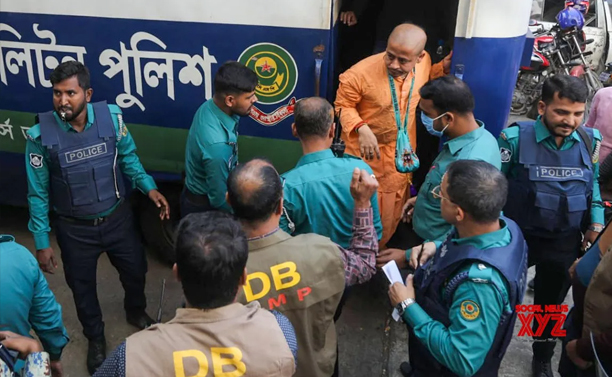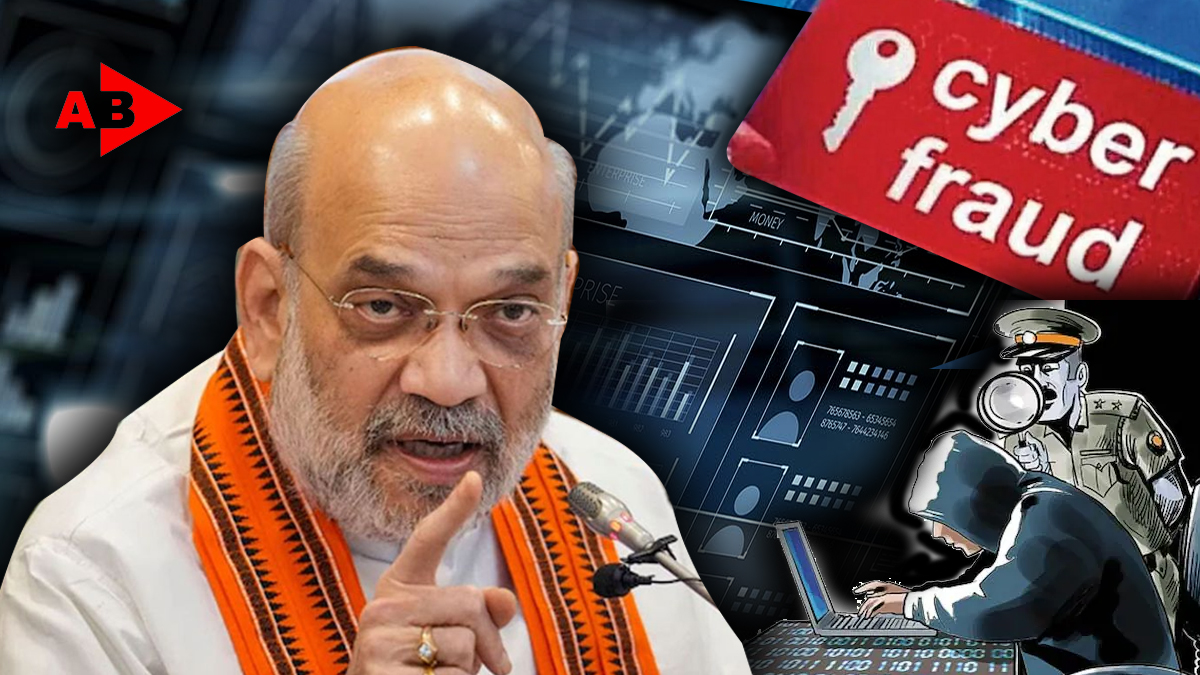
Jotirmoy Roy, New Delhi: The Government of Bangladesh has clarified that the arrest of Chinmoy Krishna Das Brahmachari, a prominent religious leader and spokesperson for the Sanatan Jagaran Manch, has been “misconstrued” and emphasized its commitment to ensuring the safety and security of all citizens, particularly religious minorities.
In a press release issued on Tuesday, Bangladesh’s Ministry of Foreign Affairs stated that Das, who is also the head of Pundarik Dham in Chittagong, was arrested on specific charges. The statement expressed dismay over what it described as misrepresentation of the incident by certain parties.
“It is with utter dismay and deep sense of hurt that the Government of Bangladesh notes that the arrest of Shri Chinmoy Krishna Das has been misconstrued by certain quarters since he has been arrested on specific charges,” the statement read.
Response to India’s Concerns
The clarification comes in response to India’s Ministry of External Affairs (MEA) expressing “deep concern” over Das’s arrest and urging Bangladesh to ensure the safety of Hindus and other minorities. India’s statement called for safeguarding the rights to peaceful assembly and expression for all communities.
Bangladesh countered by stating that India’s remarks “misrepresent facts” and are “contrary to the spirit of friendship and understanding” between the two neighbours. The government asserted its determination to eliminate impunity for human rights violations and to treat religious majorities and minorities equally.
Independence of Judiciary
Addressing concerns about judicial fairness, Bangladesh reaffirmed the independence of its judiciary, stating that the case involving Chinmoy Krishna Das is being handled strictly according to the law. “The matter under question is at present being dealt with by the court of law,” the statement emphasized, adding that the government does not interfere in judicial proceedings.
Commitment to Religious Harmony
Bangladesh reiterated its commitment to protecting the rights and safety of all religious groups, stating that this remains a fundamental duty of the government. The statement underscored efforts to promote religious harmony and equal treatment for all citizens, irrespective of faith.
The issue has highlighted the delicate balance between addressing security concerns and maintaining religious harmony, a challenge faced by many pluralistic societies. Both nations are expected to engage diplomatically to resolve the matter while upholding mutual respect and understanding.
4o


